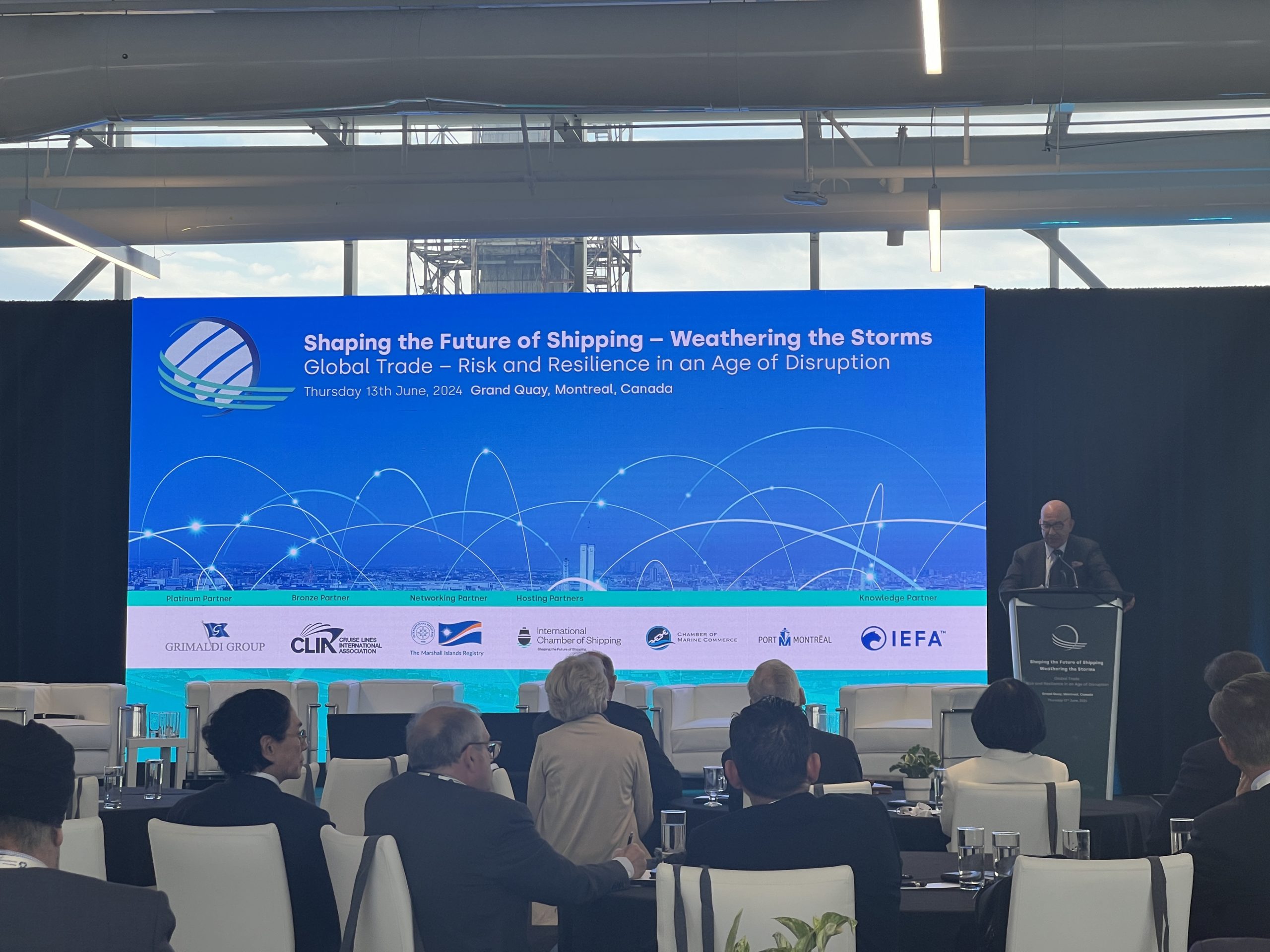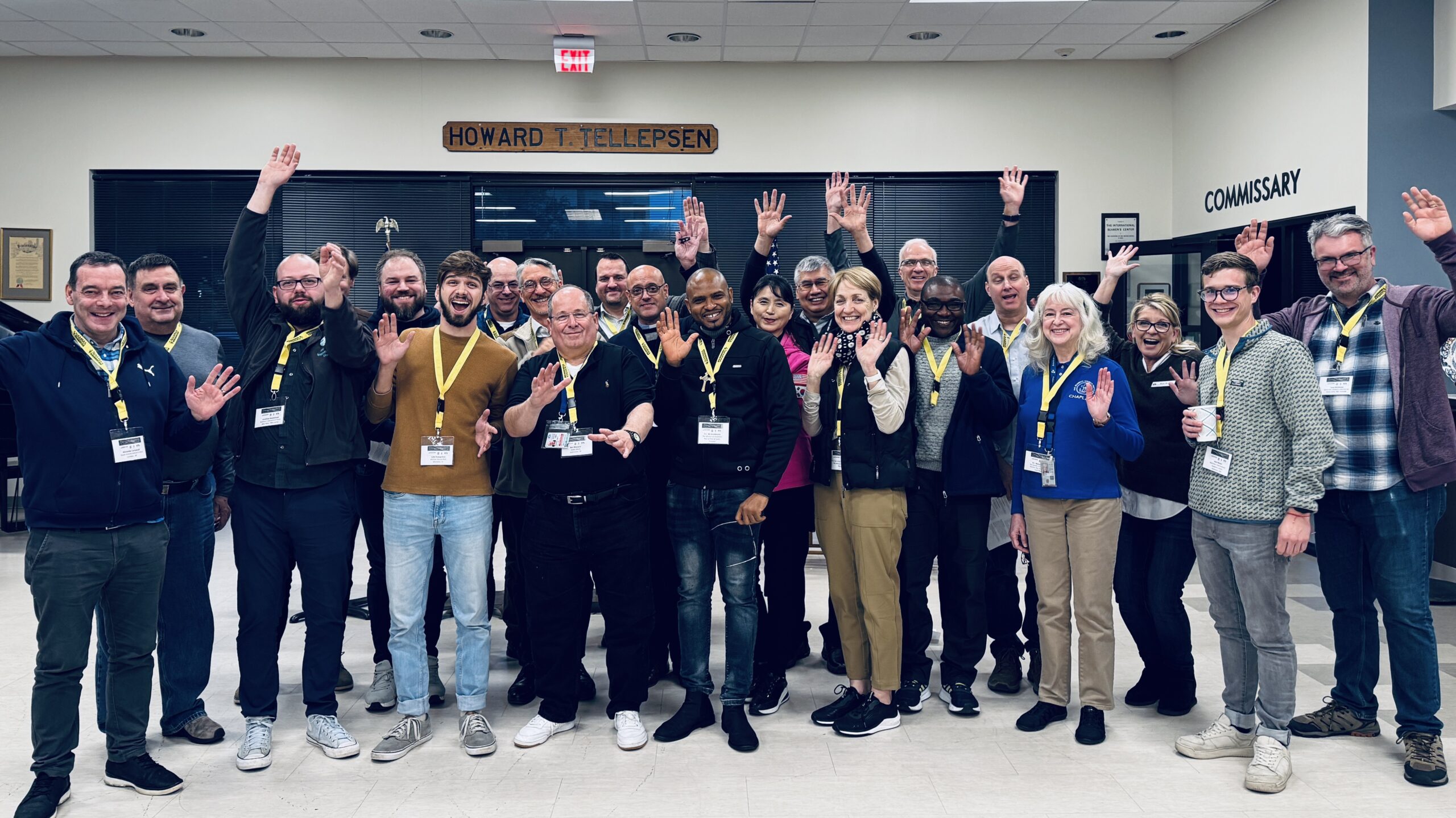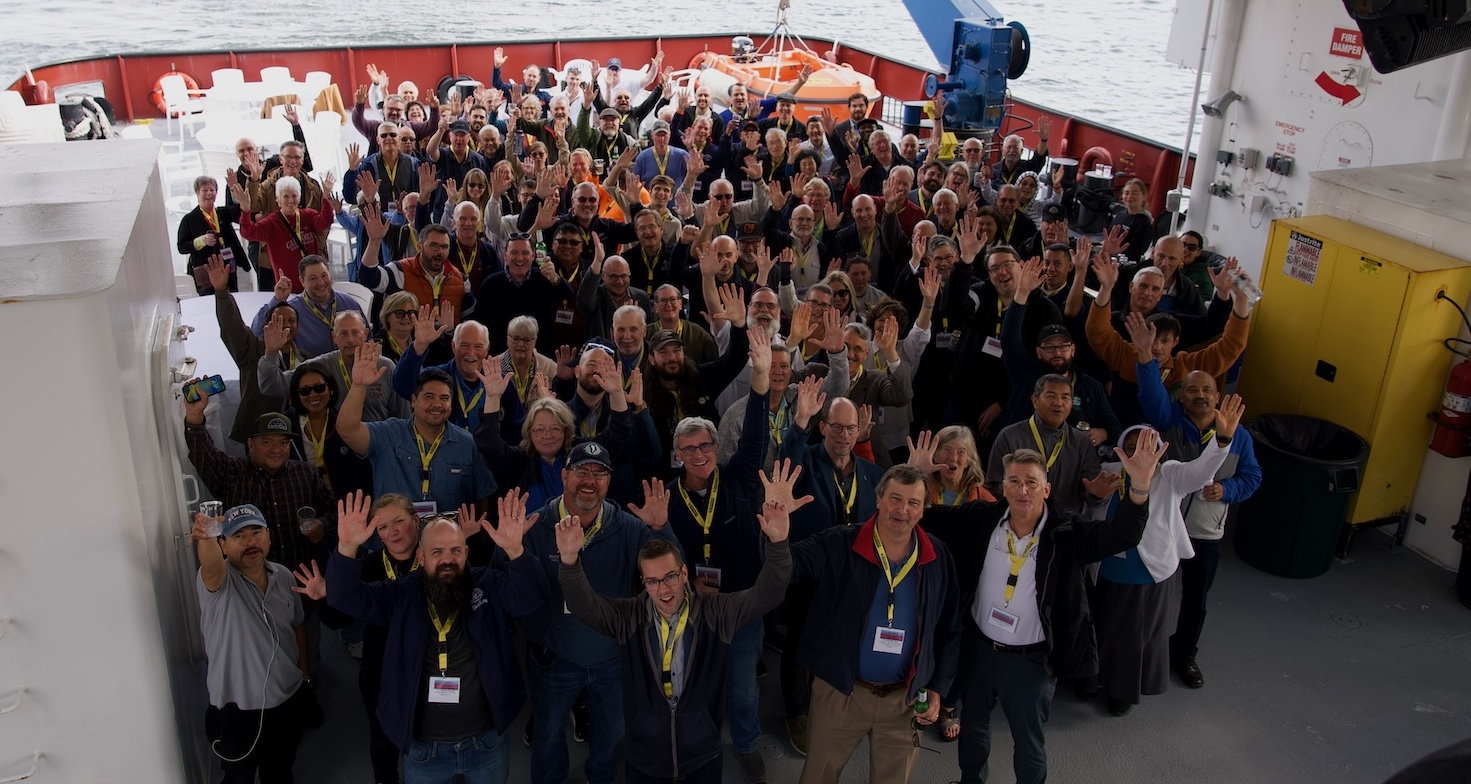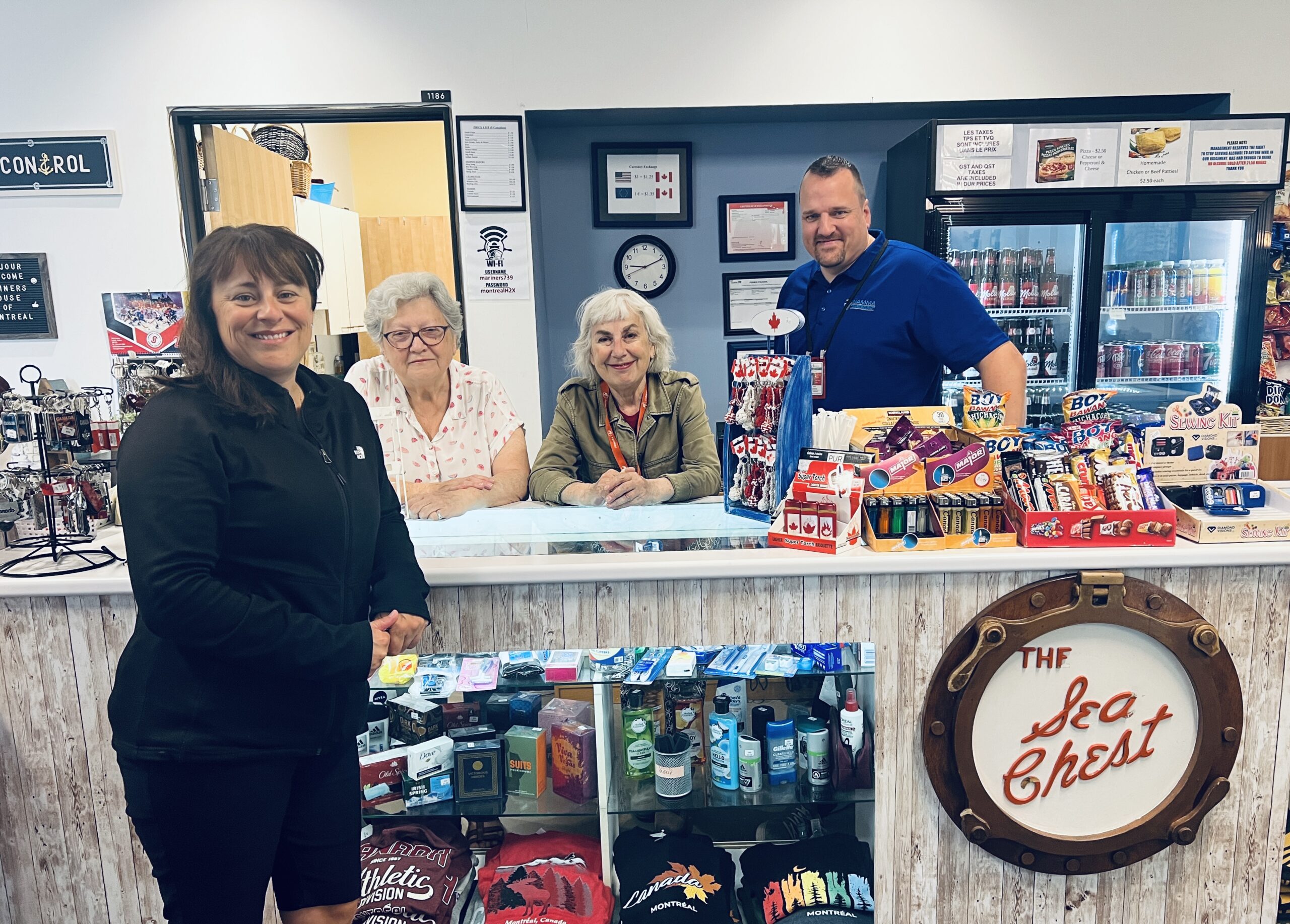The International Chamber of Shipping (ICS), the global trade association for shipowners and operators, convened its members on Thursday, June 13 at the Grand Quay in the Port of Montreal. Representing over 80% of the world’s merchant fleet, ICS members from around 40 countries gathered to discuss pressing issues facing global trade and shipping. The event was hosted by the Chamber of Marine Commerce and the Port of Montreal, with Bruce Burrows, President and CEO of the Chamber of Marine Commerce, Canada, among the key speakers.
The discussions at this conference, held alongside this ICS board meeting week, aimed at developing pragmatic solutions to ensure the resilience of the global economy.
Opening Remarks
Guy Platten, Secretary General of ICS, delivered the opening remarks, welcoming participants on behalf of the international maritime community. Emanuele Grimaldi, Chairman of ICS, and Gregg Ruhl, ICS Board Member and President & CEO of Algoma Central Corporation, Canada, extended their greetings on behalf of the international and Canadian maritime communities, respectively. The meeting progressed under Chatham House rules, and a list of speakers and session topics can be found on the ICS website.
Addressing Global Trade Challenges
The discussions underscored the unprecedented challenges faced by global trade due to geopolitical turbulence, trade barriers, technological advances, the climate emergency, and long-term uncertainties. Collaborative efforts among stakeholders were deemed essential for developing policies and solutions that promote efficiency, sustainability, and resilience in global trade and shipping.
Key sessions wished to explore the root causes of these challenges rather than their symptoms. The focus was on building resilience into maritime supply chains and delivering long-term growth. Participants also considered the impact of climate change on supply chains, discussing necessary mitigation and adaptation strategies. The role of companies and sectors in accelerating the transition to new low-carbon marine fuels was a significant point of discussion.
Highlighting Careers in Maritime
The “Life After Sea” video was launched at the meeting, showcasing the diverse and interesting career opportunities within the maritime sector. The video, shared here on the ICS website, was a highlight of the day, something that we can recommend seafarers’ welfare supporters should watch and share. Emphasizing the longevity of maritime careers, from seafarer roles to onshore positions, the video highlighted the vital experience gained at sea and its importance for other job opportunities within the sector.
The Critical Role of Seafarers
With 90% of global goods transported by sea, the world’s two million seafarers are crucial for the smooth functioning of global trade. However, the maritime industry has been facing a shortage of qualified seafarers due to increasing demand, challenges in attracting and retaining new talent, and concerns about safety, security, and working conditions. The industry is focusing on inspiring the next generation to pursue maritime careers and addressing critical social issues to prioritize employee well-being, employment conditions, and diversity and inclusion.
Tackling Protectionism and Free Trade
The rise of protectionism and its implications for global trade were also discussed. The maritime community’s collaboration is seen as vital in finding real solutions to mend the holes in the system of free trade. There is a call for policy durability, emphasizing the need for stable government policies across multiple terms to ensure sustained progress.
Embracing Technological Advances
The maritime industry is increasingly leveraging advanced technologies, such as AI-powered routing, to navigate unpredictable and extreme weather conditions. Innovations in fuels, including biofuel, methanol, nuclear, ammonia, LNG, and hydrogen, were highlighted as crucial for the industry’s transition to low-carbon solutions.
Commitment to Seafarer Welfare
A significant focus was placed on improving seafarer welfare, addressing issues such as recruitment and retention, training in new fuels, and security concerns. The importance of mentorship, dialogue, and innovation was emphasized to attract and retain young talent. Efforts to elevate the image of the industry through initiatives like the International Day of the Seafarer, Exceptional Bravery at Sea Award, and Women in Maritime Award were highlighted.
As an added benefit, some of the guests at the meeting were able to tour the Montreal Seafarers’ Centre, located adjacent to the conference room in the Grand Quai of the Port of Montreal. Thank you to the team there for welcoming ICS conference delegates.
The conference concluded with a call for meaningful collaboration, creative innovation, and ongoing dialogue. Thank you to the International Chamber of Shipping and the Chamber of Marine Commerce for organizing the sessions and bringing such a high-profile meeting to Montreal.





